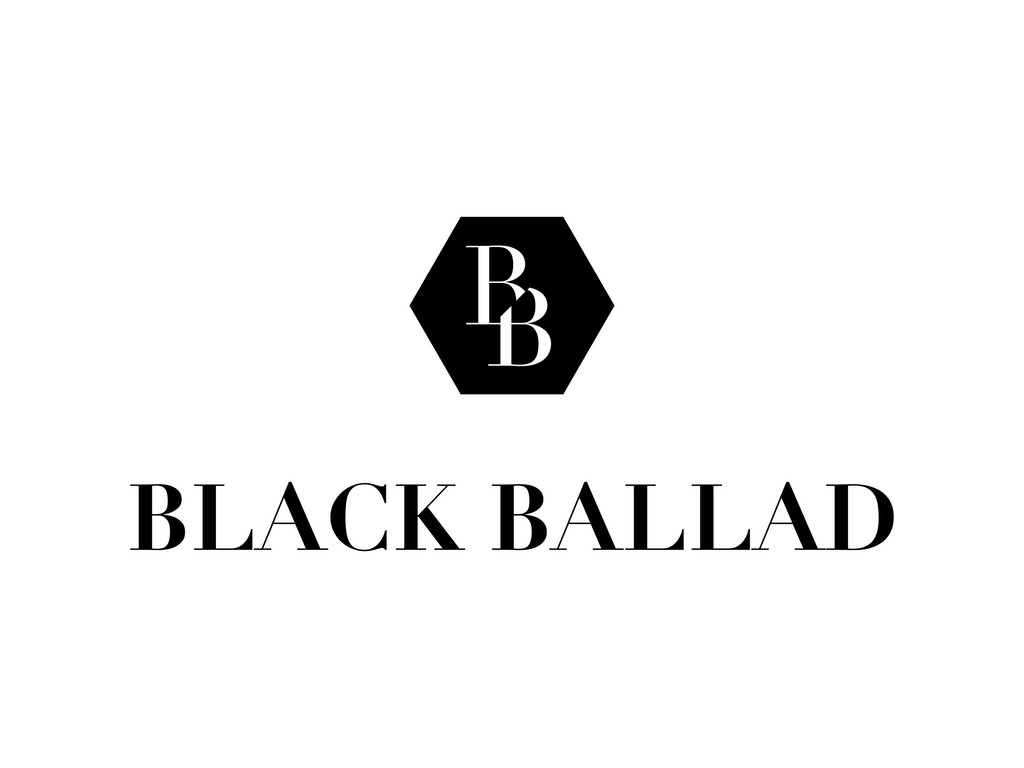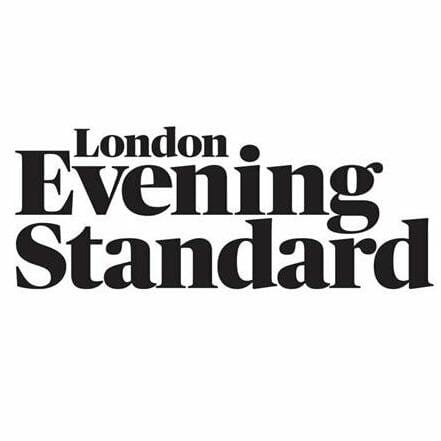history of diversity at Hoopla's shows
This page has been replaced by our updated diversity page. Some of the things on this page may be out of date.
In addition to our main diversity and inclusion policy here’s the full history of Hoopla’s work on diversity (of all groups of people) across our shows. This is in addition to our work on our classes and teaching team.
We are writing this in full in order to:
- Give people the history of progress at Hoopla.
- Explain reasons behind previous decisions.
- To learn from areas we have been successful in.
- To be transparent about where we made mistakes and how we are learning from them.
- To highlight areas where we will improve.
Early Days
Back in the day (around 2005/2006) Hoopla was just a small performing group of under 10 people doing shows and workshops about once a month. This group had a good mix of British-Asian improvisers and women, and we offered diversity scholarships for classes right from the start.
Before 2015
Our next step was running an improv night once or twice per week where would invite in different groups. During this time we didn’t have any direct control over the casting of shows, but we did try to keep an eye on diversity across the night. For instance if there was an all-male group in one half we’d make sure there was a mixed or all-female group in the second half. Around this time there was a big drive to improve the number of women in improv, and we increased the number of female teachers in our team, the number of female improvisers in shows and also helped start a number of all-female groups. We also tried to have diversity of black, asian and ethnic minority people across the nights, but more work was needed to fix that and there wasn’t an official program for that.
At this time most of the groups performing at Hoopla were managed independently from us. We ran classes, encouraged people to form their own groups, invited in guest groups, and tried to create the venue and environment for those groups to flourish. But as those groups were independent and not directly run by Hoopla we didn’t have direct control over casting. So this is something we tried to fix in our next phase.
2015 – 2019
The next major change was when we fully took over running the space at The Miller and converted it into a full-on improv theatre. Around this time we also recruited a shows producer (Angela Pollard) who books in all of our shows in collaboration with Steve Roe at Hoopla and keeps an eye on diversity across our nights. Having extra people and resources meant we were able to take a more active role in improving diversity across the improv scene.
Our first step was to improve the percentage of women performing and training at Hoopla. We did this by again increasing the number of female teachers and also by working with Maria Peters and Lauren Shearing to start The Playground, a monthly night of the top female improvisers in London plus female guests from our students. This wasn’t marketed on being all-female, we wanted the improv speak for itself. And it did. This has become our most popular regular show and sells out every single month. The community created by Maria and Lauren, with support from Angela, has inspired 100s of female improvisers who now have teachers and performers they can look up to and get support from.
Around this time we also did extensive work on our code of conduct policies for teachers, performers and students, to help people feel welcome and to help prevent sexism, racism or other prejudices in improv.
The next major step was to increase the number of black, asian, and minority ethnic people in improv. We followed the success we had had with The Playground and decided to do something similar for black, asian and minority ethnic improvisers. We worked in collaboration with the Do The Right Scene team to put on a regular show and workshop for BAME improvisers. This started small on Wednesdays and rapidly grew in size and is now moving to be a regular Hoopla main-stage weekend show. The cast and community from this have gradually got involved with our other shows and house teams too. We are very thankful to Monica, Athena, Tai, Angela and the team for all they have done on this.
At the same time as this Angela was also booking, producing and promoting shows that involved other previously marginalised groups including Zeal (LGBT+), Comediasians (all asian improv), Jumprov (BAME), Ladyprov (women), BRA (women), English as Second Language groups and all-female versions of House Teams. We acknowledge that we haven’t yet been able to fully work with all groups to their full potential, but we hope we can fix this as we grow over future years and continue to work on overall diversity.
Angela and the team have also produced various festivals including an annual Hoopla Improv Marathon and a UK & Ireland Improv festival, in order to also connect improv groups together from outside of London. Angela made sure there was a good diversity of acts and performers across each festival.
We’re very thankful to Angela for joining Hoopla as her hard work as lead to a massive improvement in diversity across the London improv scene.
Around this time we also started our house team system, as a way to have direct control over casting of shows. The first three groups formed from these were Gamez, Descendants and Johnson Lane. At that time for house teams our main aim was to improve gender split across the groups, which we did, but we admit there was too small a representation of black, asian and minority people in those original groups with around 15% BAME people in Gamez (which has been gradually improved), no BAME people in The Descendants and around 15% in Johnson Lane.
This was one of the reasons we increased the number and raised the profile of our regular Do The Right Scene nights – to grow the black, asian and ethnic minority community so that future house teams could have more BAME people audition for shows and get into groups. With hindsight we realise that we also needed more people from different backgrounds on audition panels, and that is something we will fix in the future, and we appreciate people letting us know about this issue in our recent survey.
2019 – Present Day
Our next year of house teams was better in terms of black, asian and minority ethnic casting, with Bollyprov at 100% asian background, Michelle at 20% BAME background, Nomads at 20% and Aquarium around 50%. In addition to this there was also an increase of international people in our house teams. This was brought about by having a wider community of improvisers who had been encouraged by the Do the Right Scene nights, and also by the work of our teachers, producer, training manager and more to encourage people from different backgrounds.
All of the black, asian and minority people we brought into these shows were brought in because they are great at improv first and foremost. These groups were all building up over this past year at our weekday spots but were unfortunately put on hold due to lockdown before they properly hit the weekend spots. Once lockdown is over we will be gradually phasing them into our mainstage weekend spots.
For our shows we currently try to balance diversity across the week. So if we have an all-male group on a Friday we will have more female groups on a Saturday. Or if it’s all white in the first half of a night we will try to make it more balanced in the second half. Angela does an amazing job of this and it’s hard to do as it also depends on the availability of the groups.
Until recently we didn’t feel it was our place to change the casting of our independent groups and guest groups, as we don’t own them or direct them and they are independently managed. However following the BLM movement this summer we will be chatting to our independent and guest groups and assisting them in improving diversity of black, asian and minority ethnic cast members by putting them in touch with our producer and the Do The Right Scene team, and connecting them to the wider community of black, asian and minority ethnic improvisers.
This page has been replaced by our updated diversity page. Some of the things on this page may be out of date.
improvements we are making
This page has been replaced by our updated diversity page. Some of the things on this page may be out of date.
This list is specifically about what we’re doing to improve diversity in shows. Please see Diversity & Inclusion for our full policy across other areas.
– Do the Right Scene’s show has been upgraded to main-stage weekends!
– We are working to integrate the Do the Right Scene community into other shows including weekend groups and house teams, to increase diversity across all shows.
– Do the Right Scene’s workshops for black, asian and minority ethnic improvisers are now fully funded, with the teachers paid but the workshop free for participants.
– Since March we have been fundraising for a Diversity & Inclusion Outreach Worker project to enable us to bring the joy of improv to more people from all backgrounds, and this should be up and running after lockdown.
– We are increasing the number of our black, asian and ethnic minority teachers.
– We will have at least one black, asian or minority ethnic improviser on all audition decision panels for all future house teams.
– We will accelerate progression of our newer house teams that already have a good diversity of cast.
– Other independent groups that have a good diversity of cast will be accelerated into our weekend main event shows.
– We will help earlier house teams improve the diversity of their cast.
– We will also help our regular independent and guest groups, especially long standing weekend regulars, to improve the diversity of their cast.
– We will improve communication and training with teachers to make sure they are fully aware of our diversity program and are in a position to encourage students from different backgrounds into performing at our shows.
– We will maintain an up to date contact list of black, asian and minority ethnic improvisers.
– We will improve talent spotting and communication with students so they are kept up to date with performing opportunities.
– We will offer accelerator scholarships and ongoing mentorship for black, asian and minority ethnic people to help them reach a professional performing level.
– We help people form their own improv groups through networking events and our shows producer.
we can help improve the diversity of your show
If you run an improv group and would like to improve the diversity of your cast we can help you by recommending people and introducing you to people in our community.
If you’d like help please email the following people:
Monica, Tai and Athena, Do the Right Scene Team, [email protected]
Angela Pollard (Producer), [email protected]
Jessie Rutland (Training Manager), [email protected]
Steve Roe (Director), [email protected]









